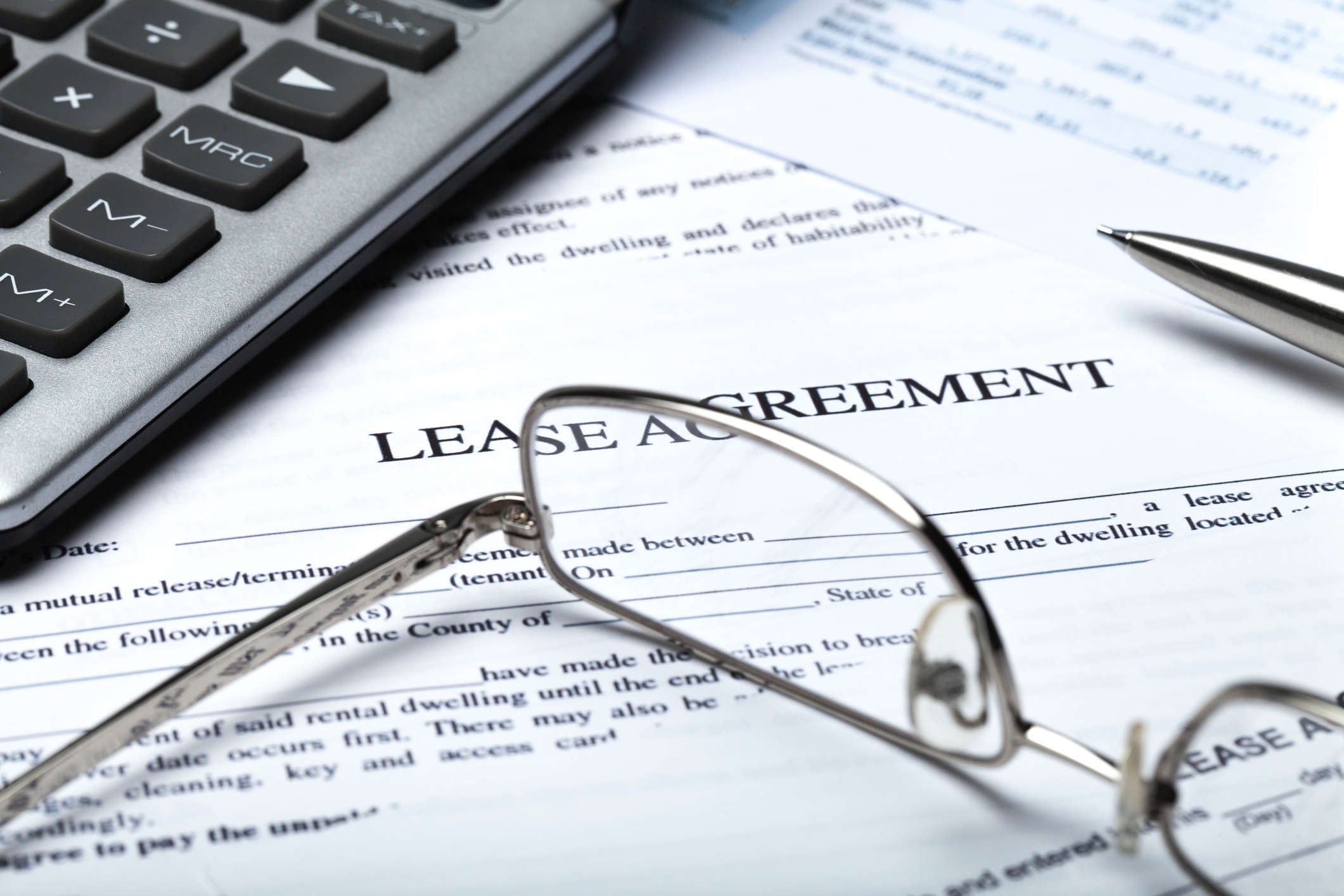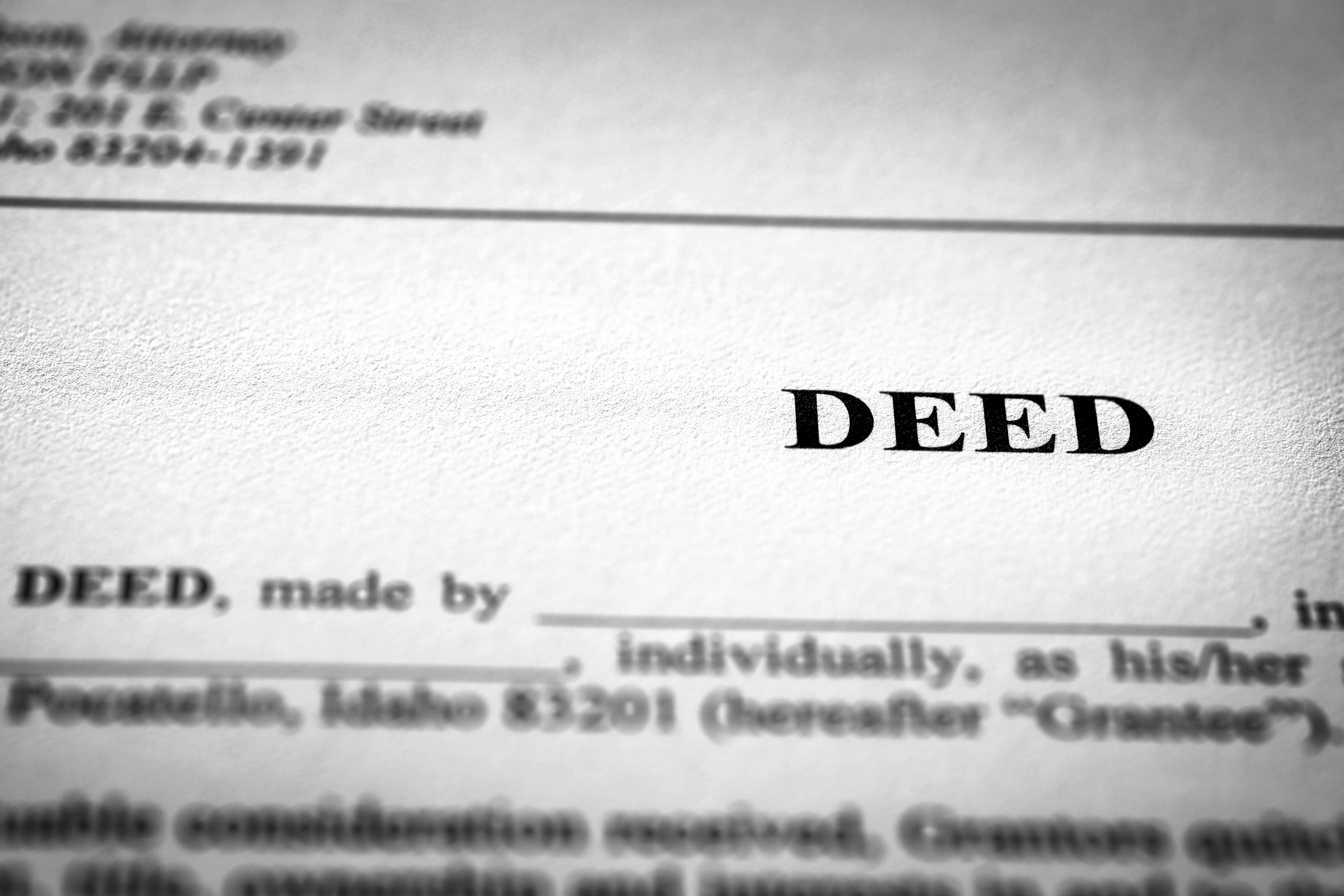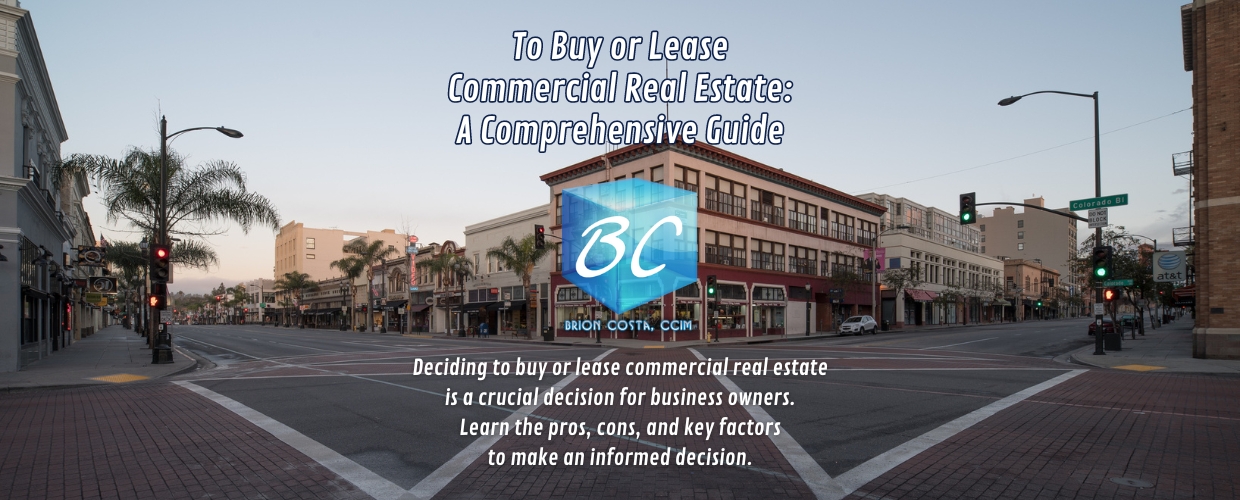To Buy or Lease Commercial Real Estate:
What’s Best for Your Business?
Considering whether to buy or lease commercial real estate for your business is one of the most significant decisions you'll face. Both options have advantages and drawbacks; the best choice depends on your business’s unique circumstances. This comprehensive guide will help you understand the pros and cons of each option, providing you with the insights needed to make an informed decision.
Benefits of Buying Commercial Real Estate
**Building Equity Over Time**
One of the primary advantages of buying commercial property is the ability to build equity over time. As you pay down the mortgage, your ownership stake in the property increases, contributing to your long-term wealth.
**Potential Appreciation in Property Value**
Commercial properties often appreciate over time, depending on market conditions. This can lead to significant returns on investment, especially if the property is located in a thriving area.
**Control Over Property Usage and Modifications**
Owning commercial real estate gives you complete control over how the property is used and modified. This flexibility is crucial for businesses with specific operational needs that may require significant alterations to the property.
**Tax Benefits and Deductions**
Ownership offers several tax advantages, including deductions for mortgage interest, property taxes, and depreciation. These can significantly reduce your overall tax liability.
**Fixed Property Costs**
Owning your property means you avoid unexpected rent increases, allowing for better long-term financial planning and budget stability.
Drawbacks of Buying Commercial Real Estate
**Large Initial Capital Requirement**
Purchasing commercial real estate requires a substantial upfront investment, including the property's purchase price, closing costs, and potential renovations. This can be a significant barrier for many businesses.
**Long-Term Financial Commitment**
Owning property ties up capital that could otherwise be used for other business investments. Mortgages typically span decades, impacting your cash flow over the long term.
**Maintenance and Repair Responsibilities**
As a property owner, you are responsible for all maintenance and repairs, which can be time-consuming and costly.
**Risk of Property Depreciation**
Property values can decrease due to market conditions, potentially leading to a loss if you need to sell.
**Less Flexibility to Relocate**
Owning a property can limit your ability to relocate quickly, as selling commercial real estate can be a lengthy process.
Benefits of Leasing Commercial Real Estate

Photo 109016220 © Oleg Dudko | Dreamstime.com
**Lower Initial Costs**
Leasing requires less upfront capital, making it more accessible for businesses, especially startups and those with limited financial resources.
**Flexibility to Upgrade or Relocate**
Leasing offers greater flexibility to move or upgrade your space as your business needs change. This can be particularly beneficial for businesses in growth phases or uncertain about their long-term location.
**No Maintenance or Repair Responsibilities**
Typically, the landlord is responsible for property maintenance and repairs, reducing your operational burdens and allowing you to focus more on your business.
**No Risk of Property Depreciation**
Leasing eliminates the risk of property depreciation, as you are not investing in the property’s long-term value.
**Access to Prime Locations**
Leasing can provide access to more desirable locations that might be unaffordable to purchase, potentially enhancing your business's visibility and customer access.
Drawbacks of Leasing Commercial Real Estate
**No Equity Building**
Monthly lease payments do not contribute to building equity. Over time, this can be seen as a financial disadvantage compared to owning property.
**Variable Costs (Potential Rent Increases)**
Lease agreements often include clauses that allow for rent increases, which can lead to higher operational costs over time.
**Less Control Over Property Usage/Modifications**
Leasing typically restricts your ability to modify the property, as significant changes usually require landlord approval.
**Potential for Lease Non-Renewal**
There is always the risk that your lease may not be renewed, forcing you to relocate and potentially disrupting your business operations.
**Lost Money with No Return on Investment**
Since leasing involves ongoing payments without ownership, it can be viewed as money spent without the benefit of long-term investment returns.
Financial Comparison Between
Owning and Leasing
**Initial Investment**
Buying a property requires a substantial initial investment, often 20-30% of the purchase price, while leasing usually requires only the first month’s rent and a security deposit.
**Cash Flow Analysis**
Ownership involves not only mortgage payments but also property taxes, insurance, and maintenance costs. Leasing involves predictable monthly rent payments, but these may increase over time.
**Long-Term Wealth Building**
Owning property allows you to build equity and benefit from potential property appreciation. Leasing does not contribute to long-term wealth building, but it can offer higher immediate cash flow for other business investments.
Market Conditions and Timing
**Economic Factors**
Consider current rental rates, property values, and financing options. Favorable economic conditions can make property ownership more attractive, while economic downturns may present better opportunities for leasing.
**Real Estate Market Cycles**
Understanding the real estate market cycles—expansion, peak, contraction, and recovery—can help determine the best time to buy or lease.
Decision-Making Factors
**Business Objectives**
Align your decision with your long-term business goals. Ownership might suit businesses seeking stability and growth, while leasing might be better for those needing flexibility.
**Financial Resources**
Assess your available capital and cash flow to ensure you can manage either ownership expenses or lease payments comfortably.
**Risk Tolerance**
Evaluate your willingness to handle market fluctuations, property management responsibilities, and lease obligations.

Photo 136890295 © Lane Erickson | Dreamstime.com
Conclusion
Deciding whether to buy or lease commercial real estate involves careful consideration of financial resources, long-term business goals, and risk tolerance. Both options have their advantages and disadvantages, and the right choice depends on your specific circumstances. Consulting with real estate and financial professionals can provide valuable guidance tailored to your business needs.
Brion Costa, CCIM
Century 21, Commercial
626-695-7385
DRE#: 00939864


